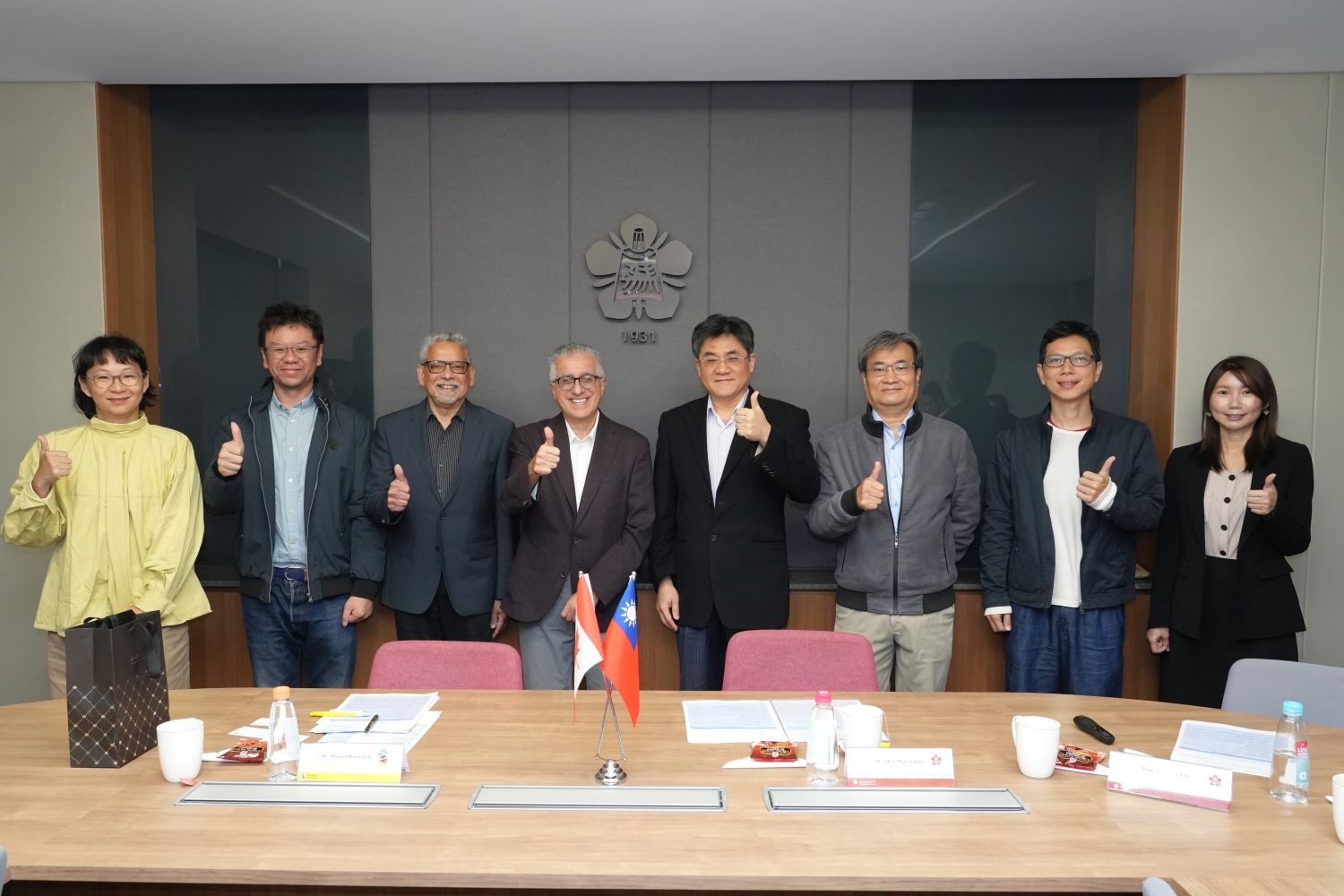NCKU Science Education Center Joins NTGSHS and Japan Tatsuno High School for Physics and AI Experiments
On the morning of the 20th, Executive Vice President Yuh-Neu Chen of NCKU interacted with students from National Tainan Girls' Senior High School and Tatsuno High School in both Japanese and Chinese simultaneously. She warmly welcomed everyone to NCKU for international exchanges, emphasizing that science knows no borders. She encouraged the younger generation of students to be bridges connecting the world. She hoped that the exchange would inspire greater creativity and passion, laying a foundation for future scientific research and international cooperation. During the event, students raised questions about topics such as the Big Bang and inquired about life in the universe. Finally, everyone experienced the Taiwanese Winter Solstice tradition of eating sweet dumplings, leaving with a sense of fulfillment.
The cloud chamber experiment is an engaging and intuitive physics experiment that uses cotton, alcohol, and dry ice. In the experiment, the dry ice provides an extremely low temperature, creating a supersaturated vapor layer of alcohol at the bottom of the cloud chamber. When high-energy charged particles (such as cosmic rays) pass through the chamber, the vapor around the particles condenses into tiny droplets due to ionization effects, forming visible tracks. These tracks reveal the paths and characteristics of the particles. The shapes can be straight lines, curves, or even spirals, depending on the particles' energy, mass, and the influence of magnetic fields.
Traditional cloud chamber experiments mainly rely on the naked eye or cameras to observe and record tracks. However, in this year’s (2024) exchange activities, students learned to use the "LandingAI" platform to observe cloud chamber images, annotate particle track categories, and train AI models to automatically identify different particle motion patterns (such as track direction or shape).
Through this experimental exchange, students experienced the complete AI process, from data processing to model deployment. They witnessed firsthand how AI technology significantly enhances data processing efficiency and reduces the time and effort required for manual annotation. By engaging in hands-on operations, students gained a deeper understanding of the value of AI technology in scientific research. It is hoped that such applications can be extended to more particle physics experiments or other fields of scientific observation in the future, promoting the integration of AI with fundamental science education. This will provide students with a novel learning and exploration experience.
Since 2014, the Science Education Center of the College of Science at NCKU has assisted National Tainan Girls' Senior High School and Hyogo Prefectural Tatsuno High School in Japan in jointly promoting international student scientific exchange activities. These initiatives aim to deepen students' scientific knowledge and broaden their international perspectives. The activities primarily involve Tatsuno High School students visiting Taiwan to participate in scientific experiment exchanges with students from National Tainan Girls' Senior High School, with one of the key stops being hands-on scientific activities conducted at NCKU. Through hands-on experiments and data analysis, students cultivate a spirit of scientific practice and exploration.
Launched in 2014, the program was initially led by Dean Chin-Chun Tsai of the College of Science and Director Kuang-Yao Lo of the Department of Physics, guiding students through physics experiments. Since 2016, the Science Education Center has taken over the design and organization of the activities, incorporating more diverse themes and hands-on content to help students learn scientific principles through experimental design. For example, last year, students conducted experiments with a self-made compound pendulum. This year, Dean Chin-Chun Tsai was invited once again as a guest speaker to introduce cloud chamber experiments for observing particle tracks. These innovative experiments not only encourage students to create instruments themselves but also allow them to deepen their understanding of scientific theories and practical applications through data analysis.
The Science Education Center of the College of Science at NCKU stated that the goal of this exchange program is to provide students with cross-cultural learning experiences, cultivate international scientific literacy, and inspire their interest and passion for science. Through such collaborations, students not only gain diverse scientific knowledge but also appreciate the importance of cross-cultural exchanges, further broadening their global perspectives. The center hopes to continue deepening international cooperation in science education, designing more innovative experiments, and expanding the scale and impact of the program in the future. This collaboration not only provides students with hands-on experimental opportunities but also fosters cross-national exchange and innovation in science education, laying a solid foundation for nurturing the next generation of scientific talent.
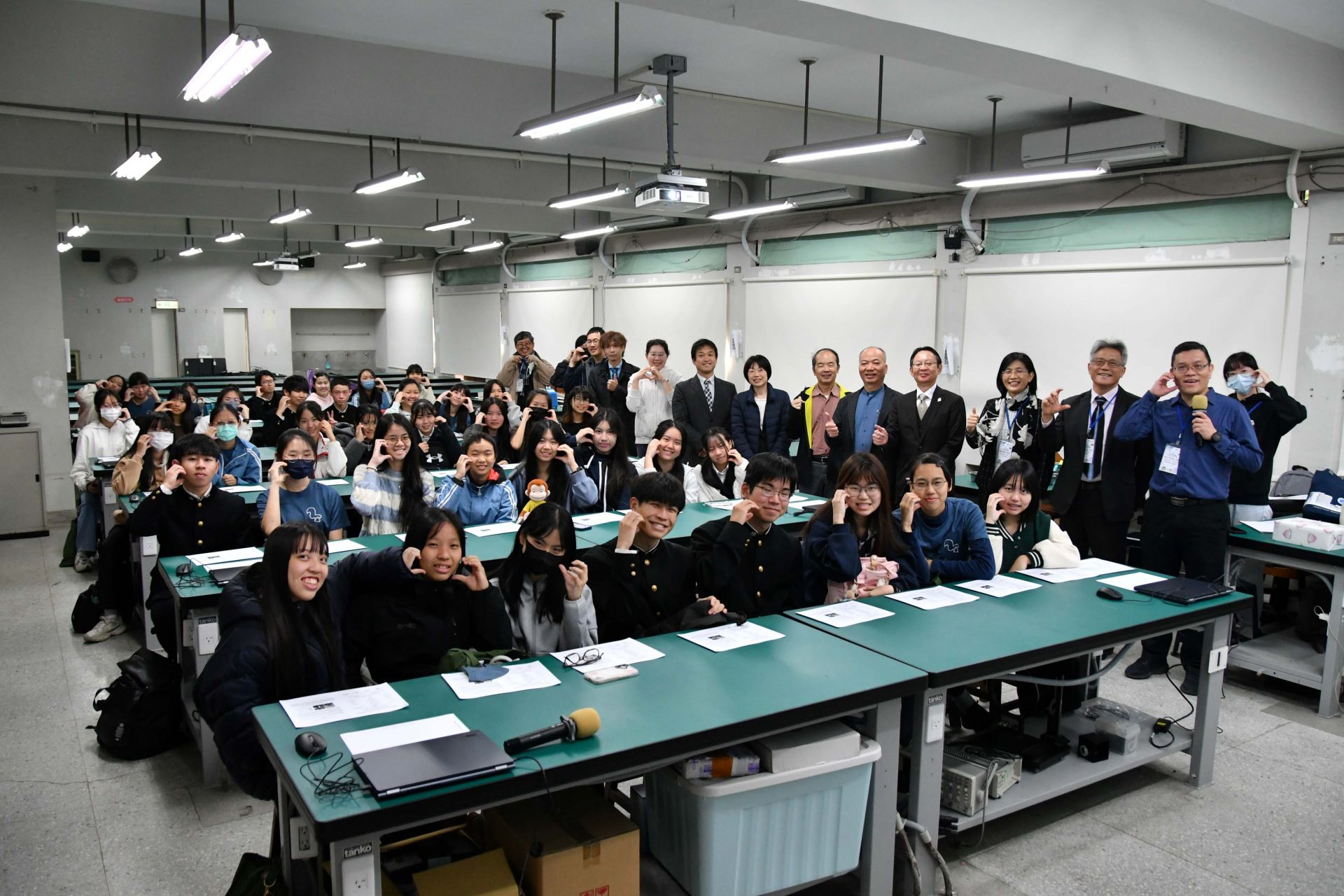
International Science Exchange Returns: On December 20, the NCKU Science Education Center brought together 30 students from National Tainan Girls' Senior High School and 9 students from Japan's Tatsuno High School for a hands-on physics experiment and AI experience. NCKU Executive Vice President Yuh-Neu Chen(standing, front row, 3rd from right in the photo) encouraged the young participants in both Japanese and Chinese, inspiring them to ignite greater creativity and passion for science through cross-cultural exchanges.
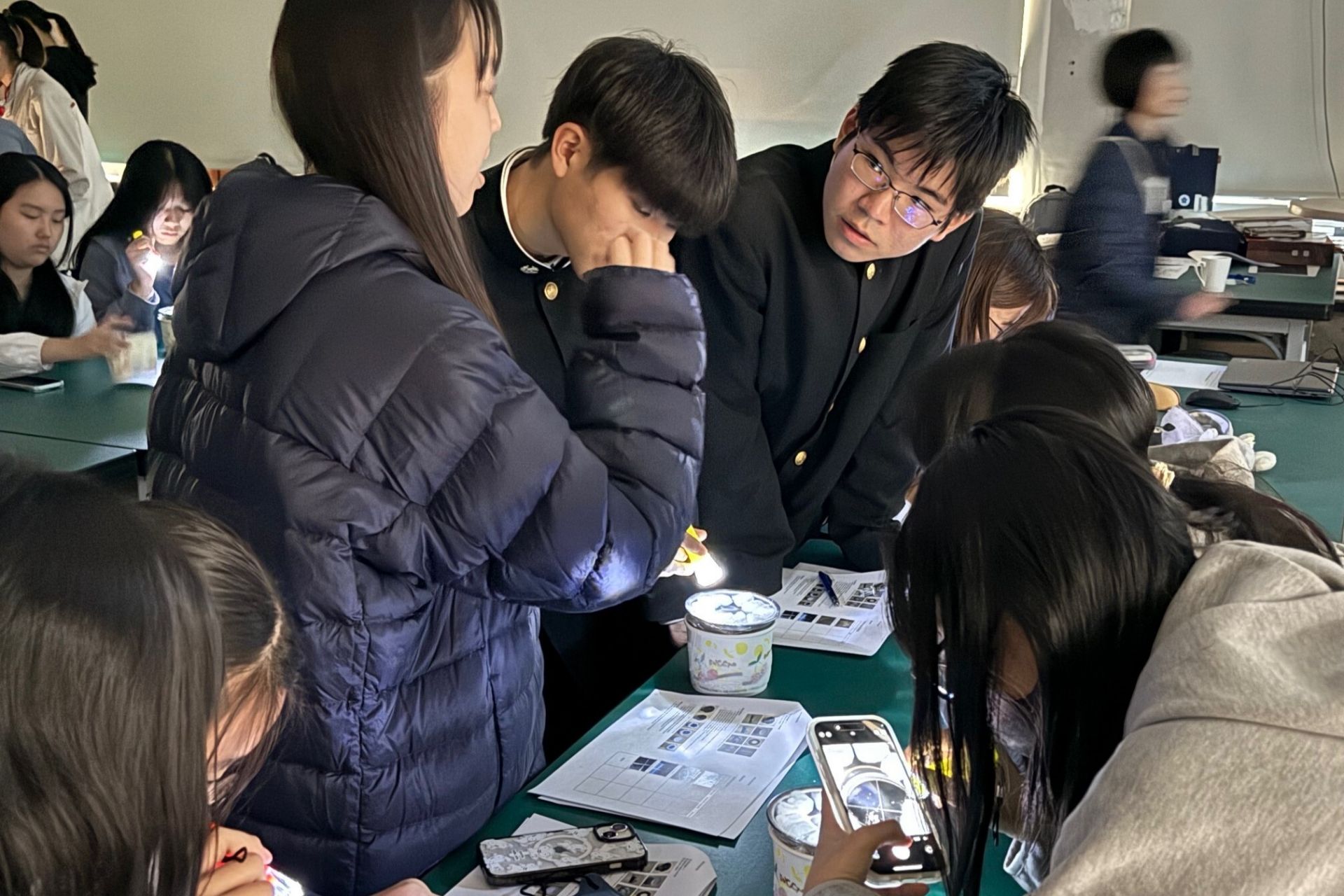
The science experiments, blending theoretical depth with engaging fun, sparked lively discussions among the students, who thoroughly enjoyed the experience. With the Winter Solstice just around the corner, the event concluded with a hands-on experience of Taiwan’s sweet dumpling culture, leaving everyone with lasting memories and a sense of fulfillment.
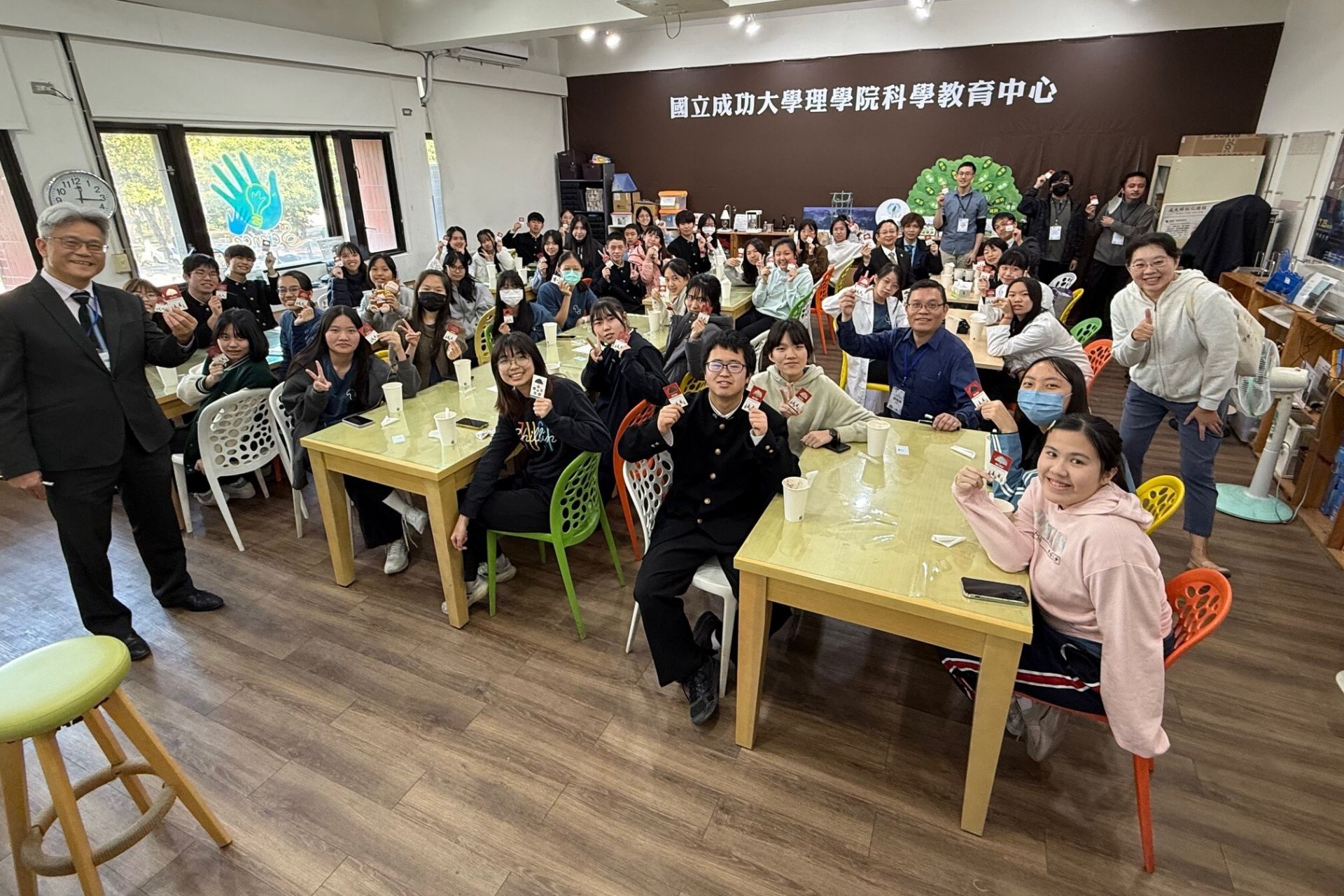
Since 2014, the NCKU Science Education Center has been facilitating international student science exchange programs between National Tainan Girls' Senior High School and Japan's Tatsuno High School. For this year’s event, Dean Chin-Chun Tsai of NCKU’s College of Science (standing, left in the photo) once again served as the speaker, guiding the students through the experiments.
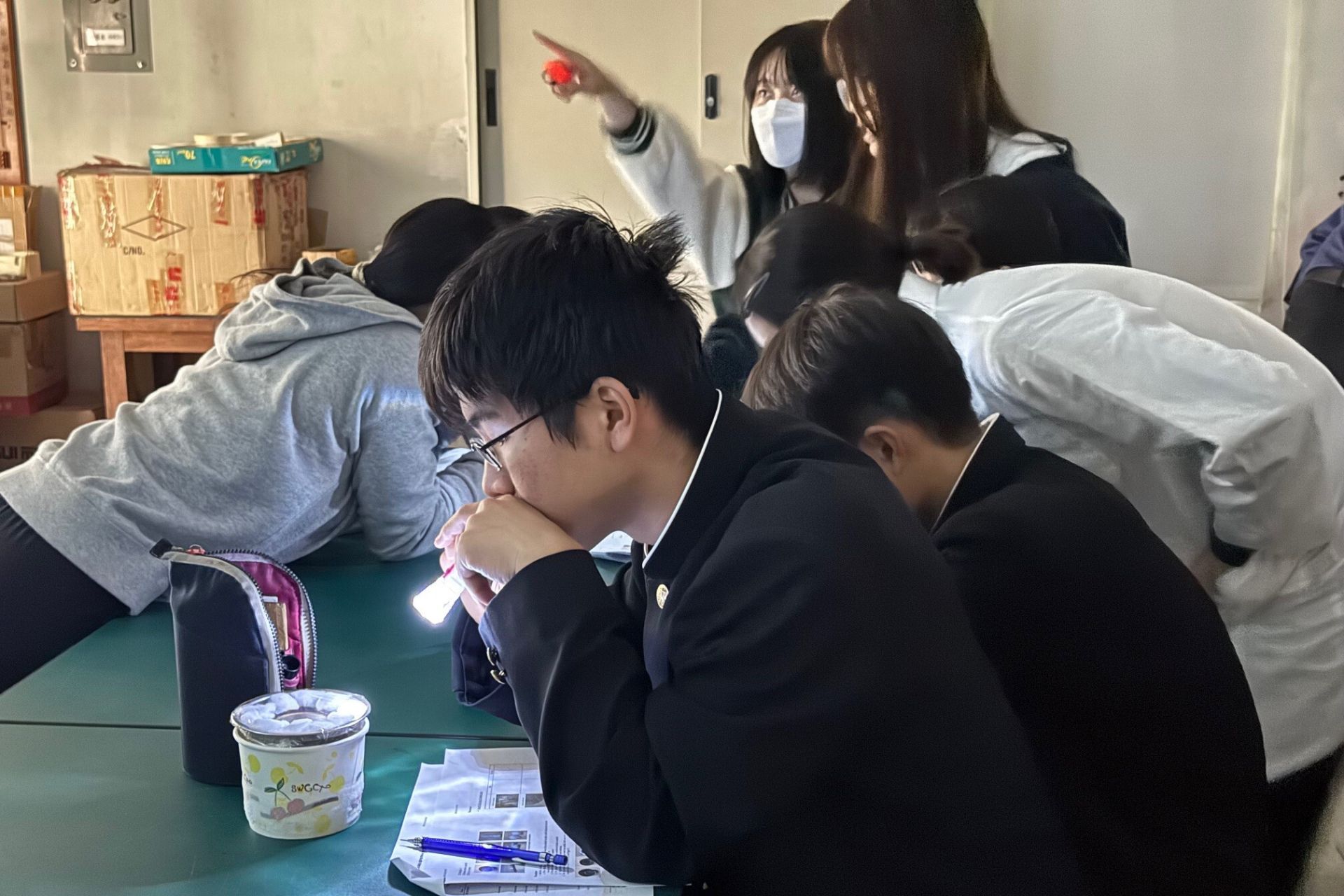
This collaboration not only provides students with hands-on experimental opportunities but also fosters international exchange and innovation in science education, laying a solid foundation for cultivating the next generation of scientific talent.
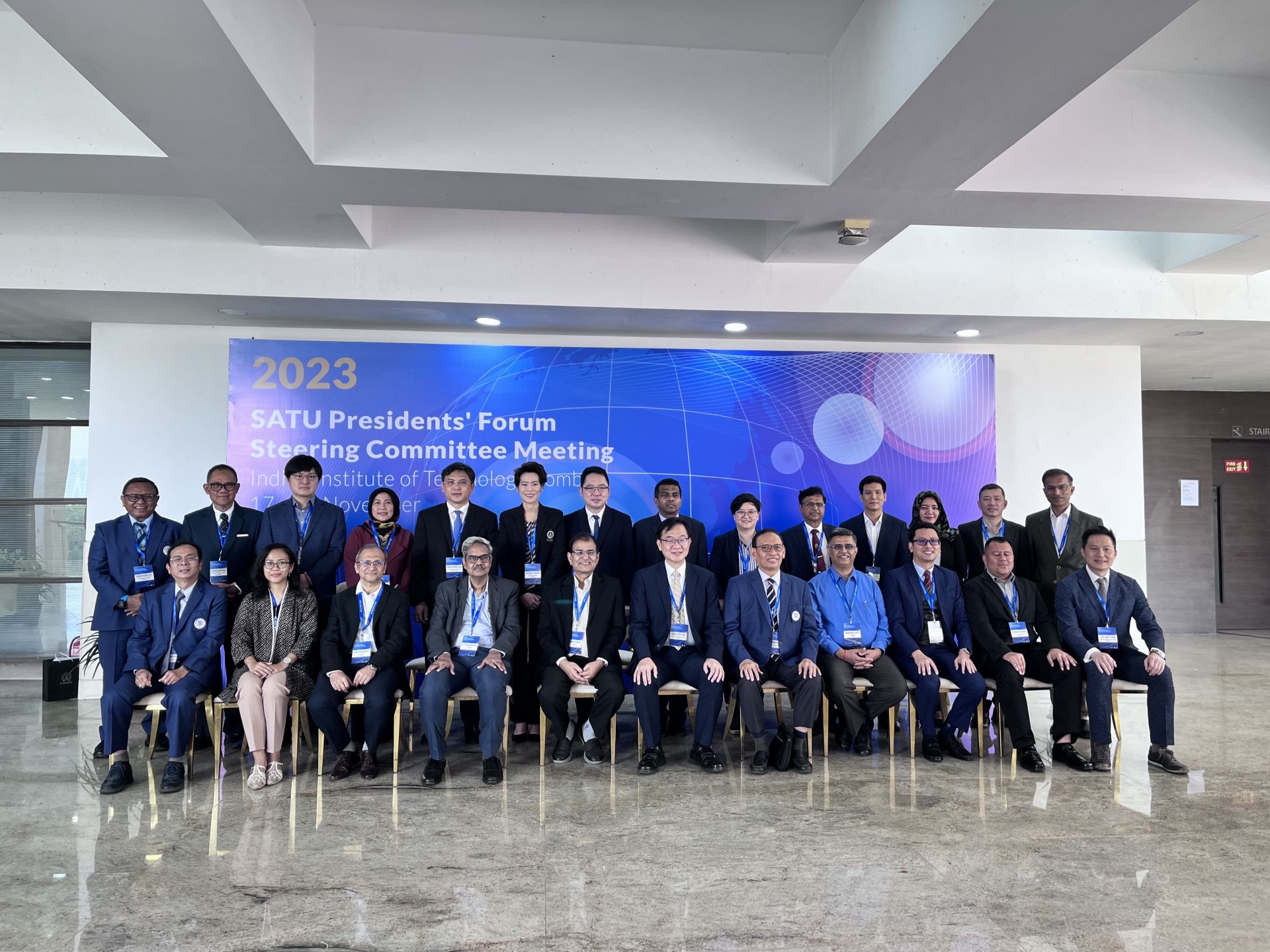
SDG17The 2023 SATU Presidents' Forum held its Steering Committee Meeting in India on November 17th to 18th
View more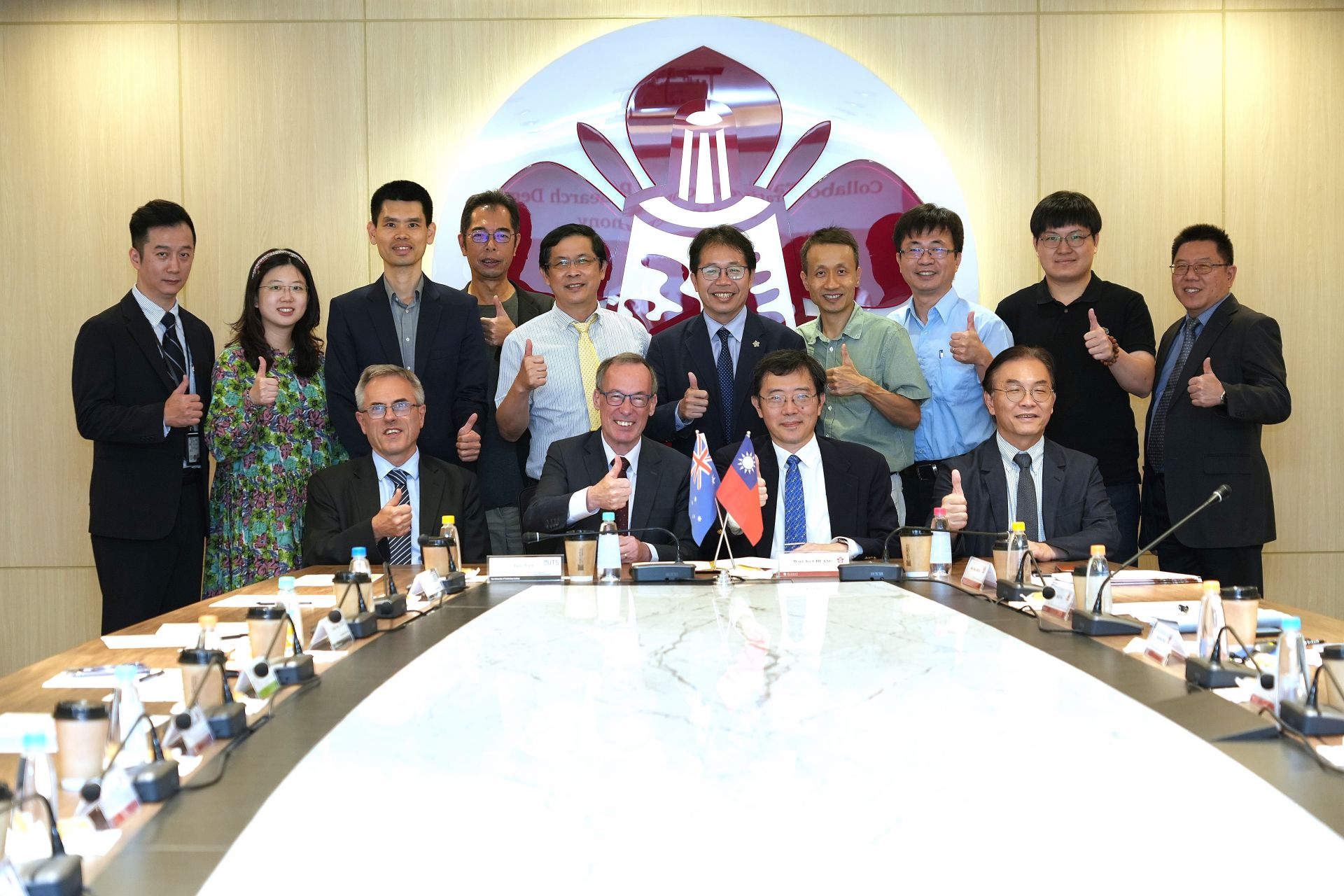
SDG17University of Technology Sydney Signs Dual PhD Agreement with NCKU College of Electrical Engineering and Computer Science
View more